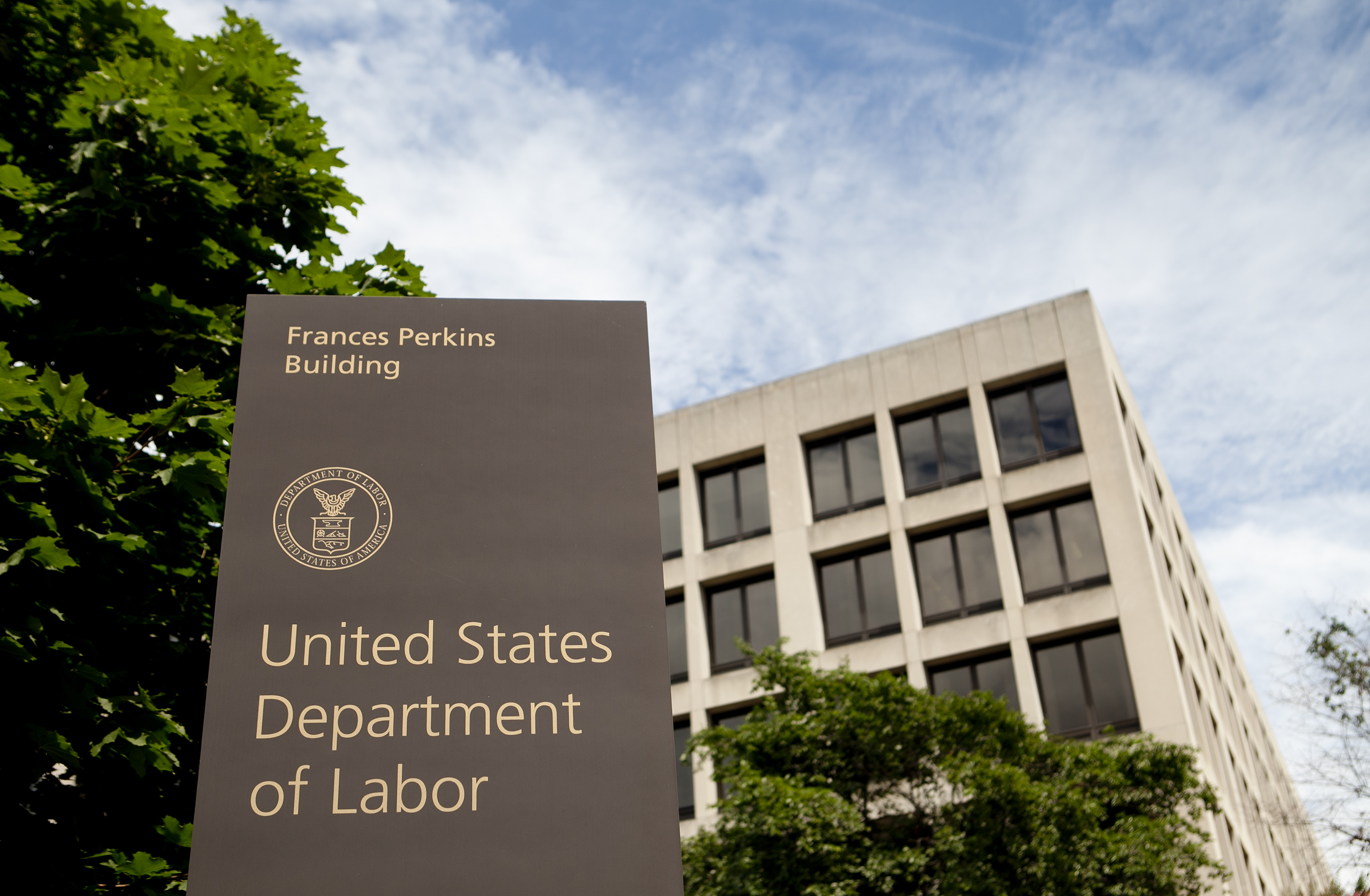Employment increased by a robust 379,000 jobs in February, the U.S. Bureau of Labor Statistics reported Friday, although there was a drop in accounting and bookkeeping services positions.
The unemployment rate dropped only one-tenth of a percentage point to 6.2 percent, but the strong job gains beat analyst expectations, with economists predicting only about 150,000 to 210,000 jobs would be added. Most of the job gains happened in the leisure and hospitality sector, with lesser gains in temporary help services, health care and social assistance, retail trade, and manufacturing. Employment fell in state and local government education, construction, and mining. Within professional and business services, temporary help services added 53,000 jobs in February but it’s down by 175,000 from a year ago. Accounting and bookkeeping services lost 1,500 jobs in February.
The losses in the accounting sector are surprising, given the demand for accountants and tax professionals during tax season. Nevertheless, hiring was strong in most sectors last month, and recruiters are continuing to see demand for accountants, especially as the economy recovers from the COVID-19 pandemic and more states start to reopen with the increasing availability of vaccines.

“What we’re seeing is organizations are hiring key positions as they come out of these financial losses for controllers, accounting managers as well as auditors,” said Kevin Roeder, vice president of LaSalle Network, a staffing company in Chicago. “We’ve seen those increasing orders for the past two quarters, which is a really good sign for the economy because it’s showing that we’re heading in the right direction.”
CBIZ, a Top 100 Firm based in Cleveland, saw similar gains this past month in its own monthly report on small business employment, according to CBIZ executive vice president Phil Noftsinger. The CBIZ Small Business Employment Index reported a seasonally adjusted gain of 0.99 percent for last month, reversing an abrupt decline in January. The growth in February comes as more states ease COVID-19 restrictions, making way for small businesses to resume activities.
“When you buckle this into the potential economic impact in dormant areas like food services and the arts and entertainment area, as we reopen there are a wealth of jobs that are going to come back with a bit of a fury,” said Noftsinger. “We’re just starting to see the early innings of that with some of the reopenings. As more vaccines are rolled out in the states that are a bit more restrictive, and people get the vaccine, and as those states start to reopen, I think that’s where we’re going to see the GDP impact that everybody’s expecting. I think there’s real built up potential in the labor market.”
The CBIZ Small Business Employment Index found growth especially in the West at 4.58 percent, thanks in part to sectors of the economy reopening there. Hiring also increased in the Southeast at 0.74 percent, in the Central region at 0.68 percent and the Northeast at 0.05 percent, but to a lesser degree. Many of the job gains occurred in accommodation and food services, where hiring outpaced almost every other industry. Information technology, health care and educational services also showed increased hiring. But there were notable declines in the technology and life sciences, arts and entertainment, and nonprofit sectors.
“The biggest growth came from the Western region, which is indicative of some of areas that were completely shut down starting to have some activity,” said Noftsinger. “Then one of the largest gainers was accomodation and food services, so all of this is working together and demonstrating a consistent pattern of where the opportunity is going to be for us as we go through the next six months.”